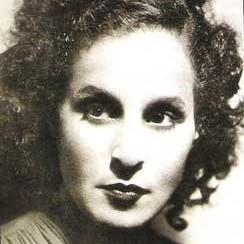Cambridge Opera Journal (United States)
Hermann Levi's shame and Parsifal's guilt:A critique of essentialism in biography and criticism
According to revisionist readings by scholars including Hartmut Zelinsky, Rolf Schneider, Peter Gay, and Paul Lawrence Rose, the enthusiasm of the conductor Hermann Levi (1839-1900) for Richard Wagner amounts to a shameful form of Jewish self-hatred, while “Parsifal”, far from espousing a message of compassion and redemption, propagates ideas of Aryan solidarity and racial supremacy. Critical accounts shaming Hermann Levi for his Wagnerism and damning “Parsifal” for its anti-Semitism need to be revalued by a musicology that encompasses both an aesthetic understanding of art works and a critical assessment of the cultural framework in which this understanding is produced. Levi's life was far too varied and productive to be reduced to whatever ambivalence he felt as a Jew, just as “Parsifal” is far too complex an opera to be whittled down to its putative political essence.





